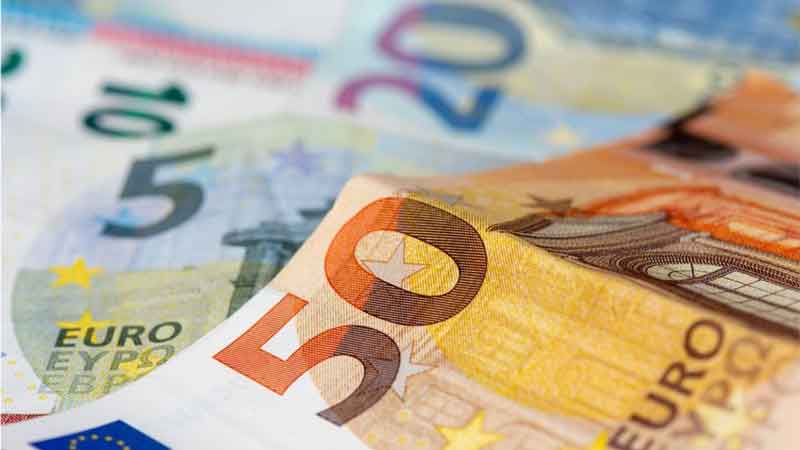×
The Standard e-Paper
Smart Minds Choose Us

Forex trading is popular among traders and investors around the globe. The currency markets are open 24 hours a day with a large volume of trades leading to higher liquidity. In recent years, the demand for forex trading has been growing Kenya.
According to the most recent estimates, there are more than 70,000 traders who participate in forex trading. One of the reasons for the growth in popularity of forex trading in Kenya is that the CMA has started regulating the sector since 2018.